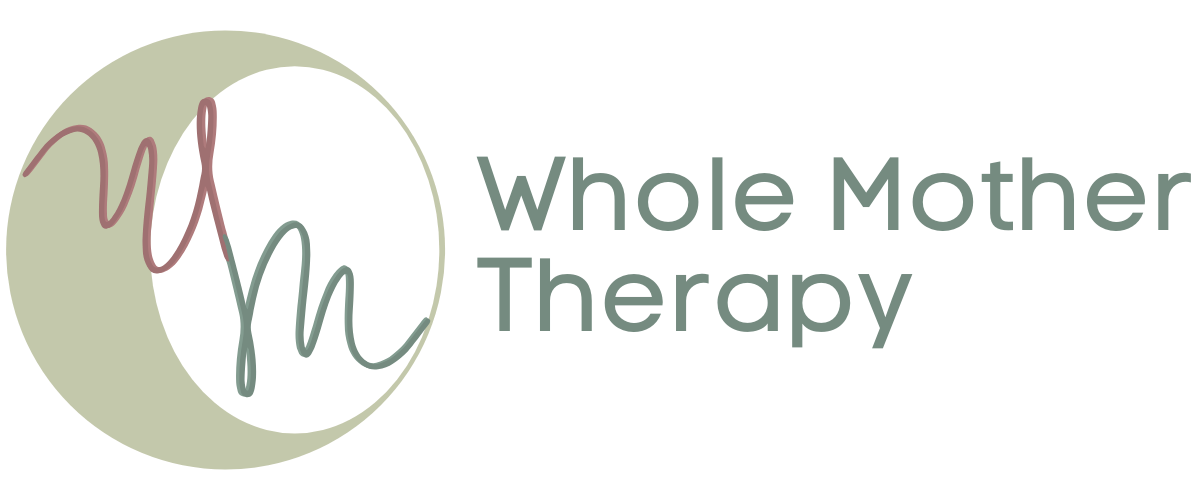Finding Therapy and Support as an LGBTQ Parent
Finding Good Therapy and Strong Support as an LGBTQ+ Parent
As LGBTQ+ parents, we need to have access to quality mental health care that honors who we are and what our family structure looks like. Finding a therapist who is knowledgeable about and respectful of the LGBTQ+ community—or who is queer themselves—can be a challenging task. Especially when the larger health care system, and mental health care in particular, have such a regrettably long history of disregarding and discriminating against anyone who falls outside rigid heteronormative standards.
Having a safe place where we can go to process our unique experiences as members of the LGBTQ+ community, or as parents and caregivers within that community, can be critical to our mental health, even lifesaving. Working with a therapist who validates our experiences, offers tools to navigate our lives in a heteronormative world, and provides us with a comfortable container for processing our feelings without judgment can be an incredibly liberating experience.
Look at the Website for the Therapist’s Practice
Many therapists and the practices they are affiliated with have their own websites. Researching the therapist’s website will provide a good starting point for understanding more about their training, their approach to therapy, and the nature of their practice. LGBTQ+-allied practices will often state that they are LGBTQ+-affirming, while some also list the services and resources they offer that are specific to the LGBTQ+ community.
For example, LGBTQ+-affirming practices are likely to have mental health services such as family therapy, couples counseling, and individual therapy tailored to the LGBTQ+ community. To ensure the best possible care, it’s useful to confirm that the therapist understands how our LGBTQ+ identity intersects with additional identities we may carry related to our race, class, ethnicity, disability status, or other factors that impact how we move through the world—and how the world treats us. This kind of culturally competent approach is essential for the therapist to be able to address the unique needs of LGBTQ+ families and individuals with compassion and insight.
Does the Therapist Use Inclusive Language?
In addition, it can be helpful to consider the language the therapist uses on their website. Read through the site’s service pages, bio, and blogs. Is the therapist using inclusive language when it comes to their services and therapeutic methodology? At Whole Mother Therapy, we consider and address multiple perspectives when it comes to infertility, pregnancy, pregnancy loss, postpartum, and parenting. By using inclusive language throughout the counseling process we make sure that our LGBTQ+ clients feel fully seen and heard.
Finding an inclusive therapist with whom we feel seen, heard, and understood can make all the difference in our mental health journey. Feeling honored and validated in our experiences can relieve feelings of isolation and help us nurture the strength and resilience we need to navigate the adversity that often comes with being an LGBTQ+ parent or caregiver. Being acknowledged and accepted for who we are and how we raise our children can free us to focus on building a more expansive, liberated future not only for our family but for the collective, too.
Interview the Therapist
Once you’ve identified a potential therapist, it’s important to interview them to see if they’re a good fit. Most offer a free consultation during which you can ask questions about their practice, their philosophy, and their approach to working with LGBTQ+ clients specifically—or whether they have any experience working with LGBTQ+ clients at all. During the interview, take note of how the therapist speaks to you and how they address the issues you bring up that you hope to explore in session.
A good therapist will be respectful, nonjudgmental, and open to feedback, as well as candid about whether they believe they can help.
If the therapist has not worked with LGBTQ+ clients before, it doesn’t mean that they can’t still be a strong fit. But it’s essential that they are willing to learn about your specific needs and experiences. Be clear about where you most need support, as it’s crucial to creating an open, trusting, and fruitful relationship with your therapist. In the event that you don’t believe they are a good fit, ask for referrals. They may know another good therapist who would be a better fit for you or who identifies as a member of the LGBTQ+ community.
Ultimately, you need to trust that the therapist you work with will honor your experiences and support you in your journey of healing, that they will hold space for your deepest feelings while guiding you toward growth and discovery. The support of an empathetic, culturally competent LGBTQ+-allied therapist can help you thrive in an oppressively heteronormative world, as we work to break down the predatory, patriarchal systems created and enforced by a white European tradition. With the right therapist, you can work on healing with the confidence that your truth is being seen, heard, and honored.
INTERESTED IN ONLINE THERAPY IN CALIFORNIA?
Your experience as an LGBTQ+ parent or caregiver deserves to be honored for its unique joys and challenges. Working with a queer and/or LGBTQ+-allied therapist can be incredibly beneficial to your mental health. At Whole Mother Therapy, we offer online therapy in California so you can work with a culturally competent therapist from the comfort of your own home. You can work with a queer and/or LGBTQ+-allied therapist who will honor your experience as an LGBTQ+ parent and individual. Or you can join us in an online postpartum support group that is inclusive and affirming for all parents and caregivers. To get started with online therapy and/or an online postpartum support group, simply follow the steps below.
Get the support you need as an LGBTQ+ parent or caregiver!
OTHER SERVICES WHOLE MOTHER THERAPY OFFERS
Our Pasadena-based online therapy practice offers a variety of mental health services to support single parents, individuals, couples, and families. Our services include individual therapy for new parents, postpartum anxiety treatment, therapy for birth trauma, therapy for infant loss and pregnancy loss, postpartum depression support, marriage counseling and couples therapy for new parents, counseling for parental burnout and overwhelm, and online therapy in California for new and expecting parents.
We also offer an eight-week in-person Sacred Motherhood Circle to honor the transitions and transformations of motherhood. And we hold several support groups, including an online pregnancy support group and an online postpartum support group. Finally, you can read more about our services, values, and resources on our therapy blog.



